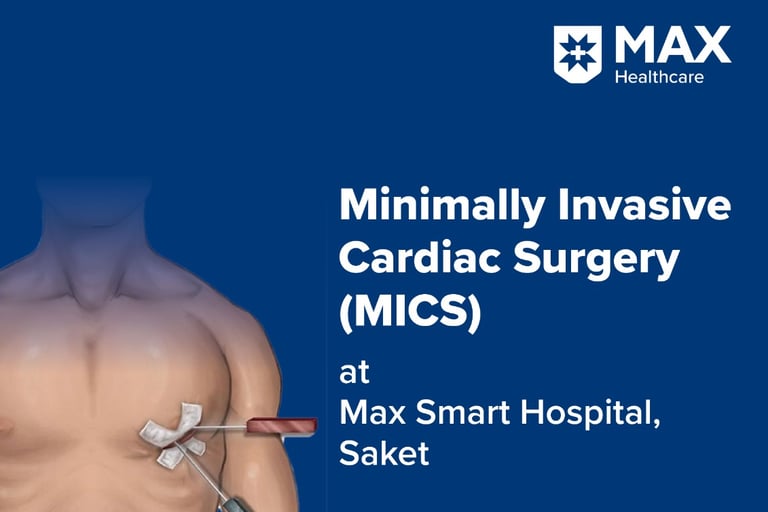MINIMAL INVASIVE HEART SURGERY UNDER INSURANCE


IS MINIMAL INVASIVE HEART SURGERY COVERED UNDER INSURANCE ?
Type of Policy: Most comprehensive health insurance plans and critical illness plans cover the cost of minimally invasive heart surgeries (like bypass surgery, valve repair, etc.). However, specific policies vary, so it's essential to check the terms of your policy.
Waiting Period: For pre-existing heart conditions, there is typically a waiting period ranging from 2 to 4 years before claims related to heart diseases are covered.
Cashless Treatment: If the hospital is part of the insurer's network, the policyholder may avail of cashless treatment, meaning the insurance company directly settles the medical bills with the hospital.
Pre- and Post-Hospitalization Costs: Most health insurance plans cover expenses incurred before and after hospitalization (e.g., diagnostics, medications, follow-up visits) for a specified period.
Limits and Exclusions: There might be certain limits on the coverage amount for heart surgeries, or specific exclusions depending on the insurer, so it's crucial to go through the fine print.
Critical Illness Riders: Some policies come with critical illness riders that specifically cover heart-related surgeries. In this case, the payout may be a lump sum upon diagnosis.
CAN WE OPT FOR MINIMAL INVASIVE HEART SURGERY OVER OPEN HEART BYPASS SURGERY ?
Yes, you can opt for minimally invasive heart surgery (MICS) over traditional open-heart bypass surgery, depending on the specific medical case and the surgeon's recommendation. MICS is a newer technique with various benefits, but it might not be suitable for all patients. Here are some important considerations:
1. Suitability for Minimally Invasive Surgery:
Patient’s Condition: Minimally invasive heart surgery is generally recommended for patients with fewer complications, such as those needing a single or double bypass, valve repair/replacement, or similar procedures.
Severity of the Disease: If the coronary artery disease is severe or involves multiple blockages, traditional open-heart surgery may be preferred.
Location of Blockages: MICS may not be ideal if the blockages are in difficult-to-reach areas or multiple locations.
2. Advantages of Minimally Invasive Surgery:
Smaller Incisions: MICS involves smaller incisions (often between the ribs) compared to the large chest incision required for open-heart surgery, leading to less trauma to the body.
Faster Recovery: Since the chest bone is not cut open, recovery times are generally faster. Patients may return to normal activities sooner than with open-heart surgery.
Less Pain and Scarring: Smaller incisions lead to less post-operative pain, minimal scarring, and a reduced risk of infection.
Shorter Hospital Stay: MICS often results in a shorter hospital stay, reducing the overall healthcare cost.